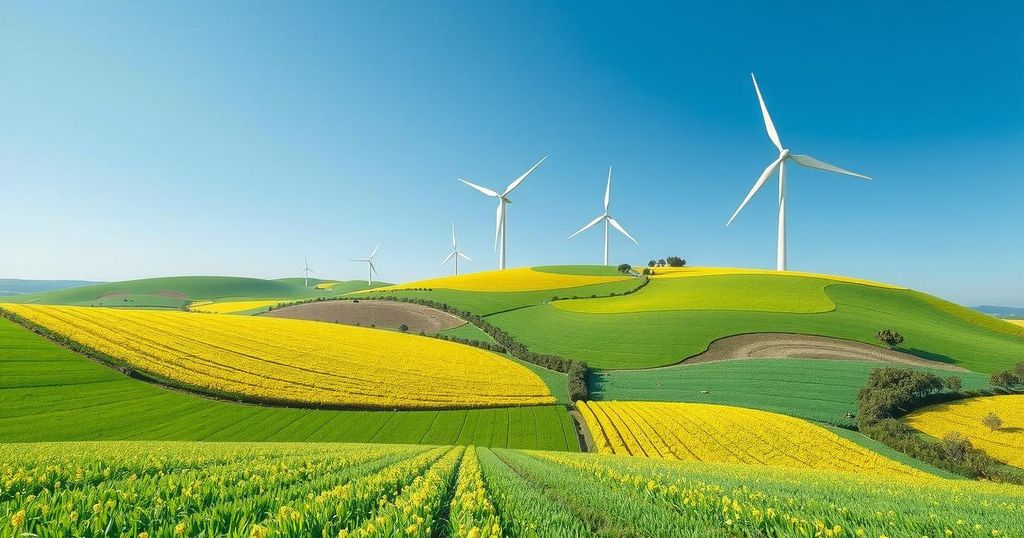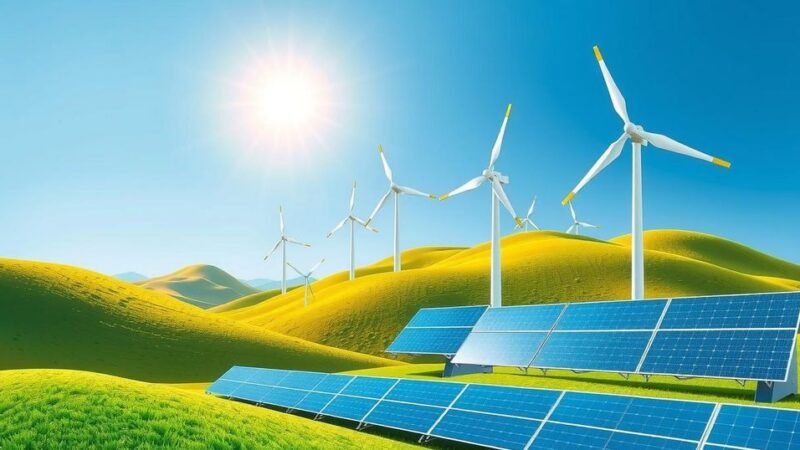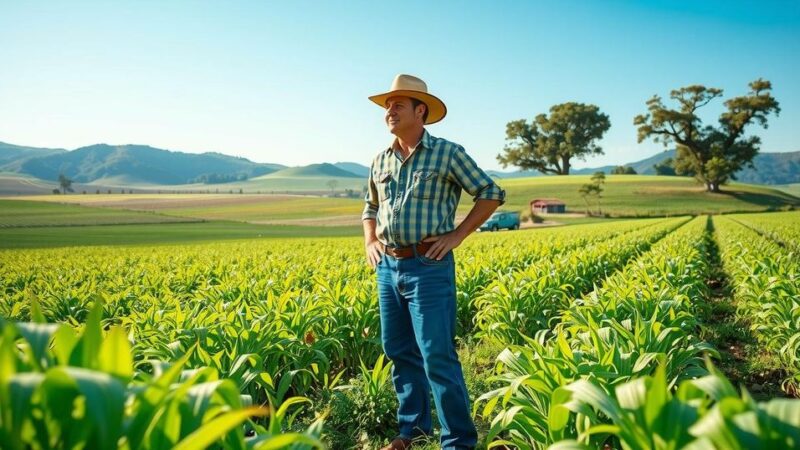Dr. Kapil Narula discusses the urgent need for enhanced global climate actions as we approach 2025, highlighting challenges, necessary measures, and the role of countries like Brazil in the context of climate change. He stresses the disparities in funding and execution of climate strategies while urging policymakers and citizens to adopt proactive measures for sustainability.
In an insightful dialogue with Senior Journalist Neeraj Tiwari from Marksmen Daily, Dr. Kapil Narula, a prominent authority on clean energy transition and climate change, elaborates on the pressing global climate priorities as we approach 2025. Dr. Narula’s extensive experience includes significant roles in notable international organizations and government bodies, contributing to India’s energy strategy.
Dr. Narula emphasizes the alarming reality of climate actions, particularly noting the World Meteorological Organization’s report indicating that 2024 marked the first occurrence of global temperatures exceeding 1.5°C above pre-industrial levels. Despite progress in renewable energy and electric vehicles, the world is on course for an estimated rise of 2.6–3.1°C by century’s end, which points to a critical discrepancy between established ambitions and their actual implementation.
The roadblocks in amplifying global climate actions are stark. Developed nations are falling short on climate financing, committing only $300 billion annually when $1.3 trillion is projected to be necessary by 2035. In addition, the lack of consistent international collaboration and inadequate plans for Nationally Determined Contributions (NDCs) pose significant hurdles, particularly for developing nations attempting to align economic growth with sustainability.
The recent submission of NDC 3.0 targets is pivotal for setting future emission reductions for 2035. Countries such as the UAE and Brazil have laid out ambitious reduction plans, with the UAE aiming for a 47% cut and the US targeting reductions of 61–66% below 2005 levels. Achieving these targets relies heavily on the establishment of practical national strategies.
Brazil’s upcoming presidency of COP30 in Belém presents an essential opportunity to influence the global climate dialogue, particularly due to its stewardship of the Amazon rainforest. Brazil is anticipated to advocate for sustainable development and equitable climate actions that bridge the disparities between developed and developing nations, while also emphasizing biodiversity alongside economic advancement.
The potential resurgence of a Trump administration in the US could jeopardize climate efforts, especially if it leads to a withdrawal from the Paris Agreement. Nonetheless, the commitment shown by states, corporations, and civil society in climate initiatives continues to grow, which may alleviate some negative impacts from shifts in federal policy.
To tackle climate issues effectively by 2025, critical global priorities should focus on the following:
– Increasing climate finance to mobilize the necessary $1.3 trillion annually
– Ensuring credible submissions and implementation of NDC 3.0 targets
– Establishing functional international carbon markets to facilitate financing under Article 6
– Prioritizing adaptation strategies for communities vulnerable to climate impacts.
Dr. Narula stresses the importance of immediate action by policymakers, urging them to act with urgency and equity. He encourages citizens to engage in sustainable practices and advocate for climate measures. Joint efforts are essential to secure a sustainable, resilient, and just future.
As the world grapples with climate change, experts like Dr. Kapil Narula shed light on the pressing issues and anticipated targets for global climate action by 2025. Against the backdrop of alarming temperature rises and inadequate funding for climate initiatives, discussions emphasize the need for urgency in policy-making and collective efforts to meet sustainability goals. The context also considers political landscapes, such as Brazil’s role in upcoming climate conferences.
In summary, the insights provided by Dr. Kapil Narula underscore the critical state of global climate initiatives as we near 2025. Significant challenges remain, particularly in climate financing and policy implementation. However, with determined action and international cooperation, there remains potential for substantial progress toward sustainability and climate resilience.
Original Source: marksmendaily.com







